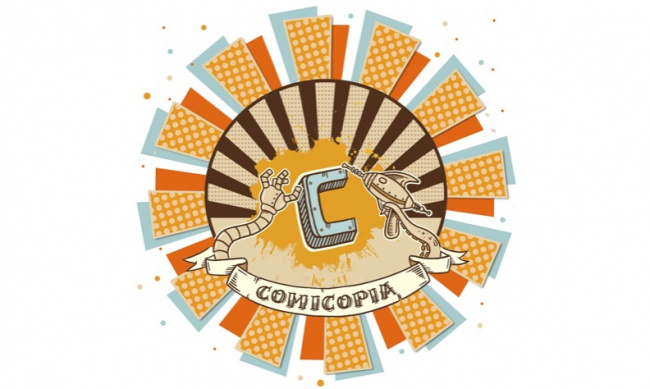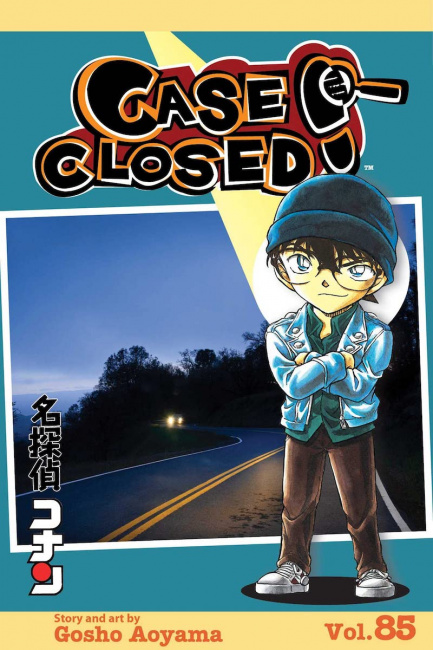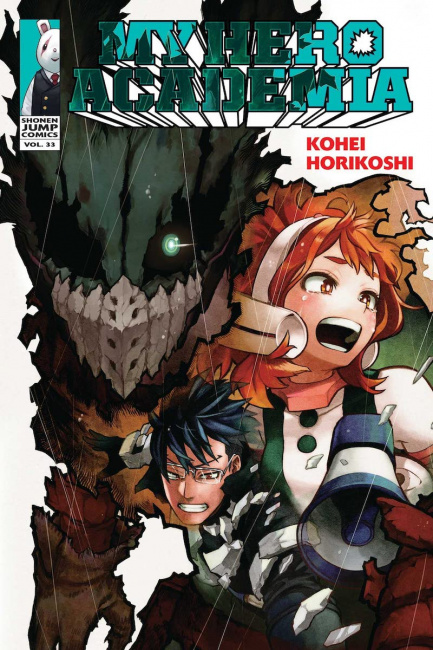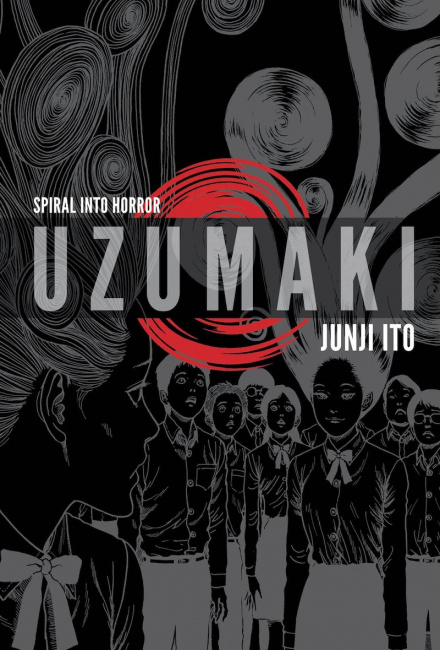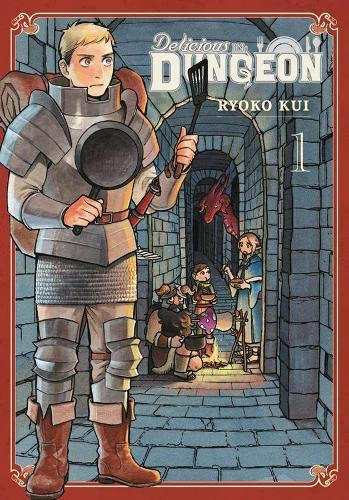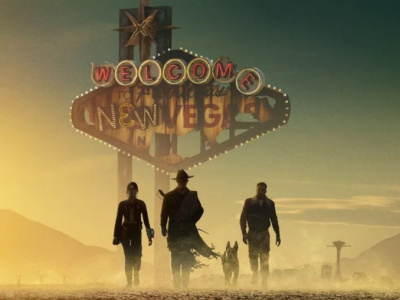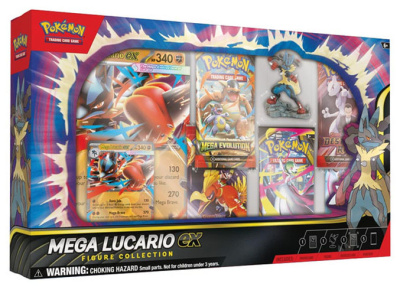How do you decide what to carry?
Matt Lehman: We basically order a couple of everything, at least the first couple of volumes. And then after about four volumes, if it doesn't sell, then we let it go.
Dan Palomares: A lot of series that don't sell, the pattern usually is we sell one or two, maybe three copies of volume 1, but they don't come back for volumes 2, 3, or 4. At that point, we either choose to liquidate it, or we choose to leave the first four volumes on the shelf, thinking maybe there's a chance that it could pick up. If it does pick up, we'll start ordering the volumes that have come out since we stopped ordering, but most of the time, what ends up happening is we liquidate it. We make a set of it and sell it that way, and especially at Anime Boston that will sell.
Lehman: We have a plastic wrapper we get at Staples, and we wrap them up and basically sell them for half price. We take the total retail and roughly divide by two, just to get our cost back.
So you break even on those.
Lehman: Yeah. And they actually do pretty well at the store, too. We have a point of sale [system] where we could look and say nope, we haven't sold that in two years. Get rid of it. So every time we run out of room, it's always get rid of that, get rid of that, get rid of that. Bundle it up and blow it out.
But you clearly don't buy the first four volumes of every series, so how do you decide which series you're going to carry in the first place?
Palomares: I'm the one usually ordering manga. If it’s coming from major publishers like Kodansha or Viz, we're going to give it a shot.
Lehman: Let's not even talk about My Hero Academia. Let's talk about Case Closed. Case Closed is 80-something volumes, and they hardly ever sell.
Palomares: But they sell just enough that we don't get rid of it
Lehman: We have the space. Part of it is an image thing. We want people to come in and go, “Oh, my god, you have them all!”
That's part of part of your mission as a store.
Lehman: Yeah, part of the shock and awe that we want to convey. Economically, from a bean counter point of view, it's probably not worth carrying a whole shelf of Case Closed, but our attitude is we carry it all or we don't carry it at all. All or nothing.
Obviously something like Chainsaw Man, we carry all 11 volumes. That's not too many. And then the other two [titles by the same creator], Look Back and Before Chainsaw Man. They should carry that.
What about One Piece, which is over 100 volumes long?
Lehman: Well, we only do the three-in-one [omnibi].
Palomares: We get the singles, as they come out.
Lehman: Right. Once the three-in-one comes out, we get rid of the singles.
Do you usually carry the three-in-ones when that format is available?
Palomares: I would say yes. It's a little more cost effective for us and the consumer. Your standard manga that are going to be coming as three-in-ones are usually $9.99. When you're getting three-in-ones, it's $14.99, so you're literally getting it half off.
OK, so what else you would advise other stores to carry?
Palomares: I was talking to a few stores at ComicsPro, and I'm like, “Well, I can tell you what works for me, but I can't tell you what's going to work for you.” I told them to start the same as with comics: What are your customers asking for? We have a good relationship with our reps, and we ask regularly if we can get a list of what the best sellers have been. They'll happily send that over.
So it's not just necessarily manga readers who will read those.
Lehman: Also Vagabond and Vinland Saga.
What about Berserk?
Palomares: I feel like Berserk has worked, especially with people who have played roleplaying video games. They may not have heard of Berserk, but when they see it, they know right away it's for them. A lot of times they don't realize that stuff they're playing in video games actually came from Berserk.
Lehman: That's one we're going pretty heavy on for the show too. That's done pretty well.
When people have a choice between deluxe volumes and cheaper ones, how does that break out? You have to be pretty hardcore to drop 50 bucks for a hardcover volume of Berserk.
Palomares: For Berserk, it's mostly hardcore fans. We have some people who are hardcore enough that they've gotten all of them. Fans who might not be as hardcore might at least get the first one, because it's a really beautiful piece to have on your bookshelf. The rest of them sell OK, enough to keep them in the store.
Any other advice?
Palomares: We have a binge deal in the store where if you're getting four volumes of the same series, you get 10% off, and then every four more, you get another 5% up to 12, so at 12 you get 20% off. That does help with single volume sales, but very few people will do that for the big deluxe editions.
Lehman: Every time somebody buys three volumes of us have a series, if there's another volume, we say, “Hey, you get one more volume, you get 10% off,” and almost always they spin around and go back and grab that fourth book. So we got a sale.
Palomares: And now they know that, a lot of times they'll tell their friends.
We last spoke to Comicopia in 2015 (see "Successful Manga Retailing").
For more Manga Week coverage, click here.



